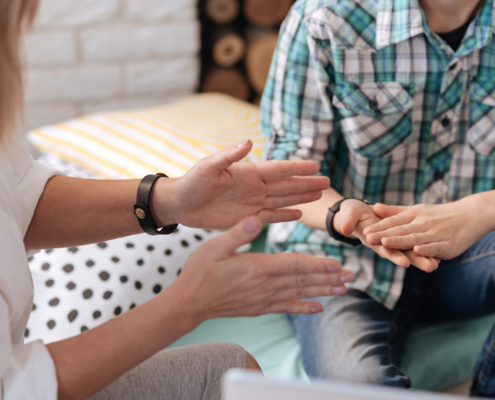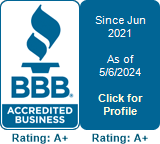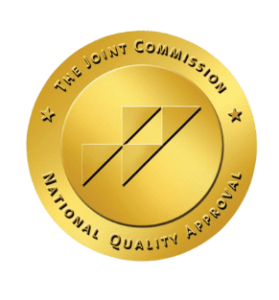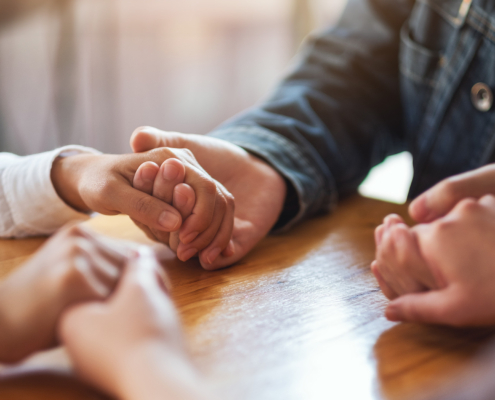
What’s the Importance of Human Connection During Recovery?
If someone is dealing with addiction issues, they may struggle to reach their goals alone. However, our recovery philosophy illustrates that when someone is able to make real human connections as part of recovery, they’re more likely to stay on track with milestones. Here’s why.
The Connection Between Addiction and Isolation
It can be hard to accept, but virtually nobody recovers from addiction on their own. When you’re committed to your sobriety goals with a headstrong attitude, it’s easy to fall into the trap of assuming sheer determination and willpower are enough to get through the most difficult times. While it’s a good sign when someone’s motivation comes naturally, that doesn’t mean it’s sustainable. If that isn’t enough to get through the day, recognizing who’s in your corner makes the difference between recovery and relapse.
When you’re feeling weak or you find yourself in a high-risk situation, knowing exactly who you can talk to—someone with your best interest at heart—can provide the perspective you need to work through triggers, setbacks, and cravings. But remember that these connections are not formed overnight. It often takes a conscious effort to ensure you’re building a network of people you can trust and turn to when you need support during recovery.
What Connections Are Beneficial to Recovery?
An essential part of the recovery journey is identifying the relationships and networks in your life that you can trust to help you work toward your recovery goals. Common examples include:
- Family members and close friends
- Recovery groups
- Church or religious groups
- Fitness partners or groups
- Clinicians and case managers
- Sober companions
What Connections Can Set Back Recovery?
Not all are necessarily going to benefit you while in recovery. You should also consider relationships that can make it more difficult to work toward your goals, like:
- Active users and past dealers
- Enabling family members
- Codependent relationships
- Emotionally, physically, or verbally abusive relationships
- Individuals who trigger past trauma
Having a sober companion by your side, someone you can turn to anytime of the day no matter where you are, can make the difference between recovery and relapse.
Why the Opposite of Addiction Is Connection
According to Johann Hari, the opposite of addiction isn’t sobriety, but connection. He cites Portugal as a country that stigmatized drug addiction as an exclusively criminal issue for many years, but realizing the problem was only getting worse (1% of the population was addicted to heroin with the number only rising), bipartisan leadership got together and agreed that it was time for a new approach.
The country chose to redirect all funds used to punish addicts to instead create reintegration programs that focused on helping them meaningfully find their place in society. Simply having a job and a reason to get out of bed was enough to reduce the relapse and addiction rates. Programs like these have gone on to reduce the number of addicts in the country by 50 percent.
With the right connections, sobriety becomes much simpler. A lack of connection, on the other hand, is often at the root of addiction and relapse. Or as Jason Wahler puts it, “Our IOP [intensive outpatient program] is isolate or participate.”
Why Making Connections in Recovery Requires Creativity
In 2023, overdoses are on the rise as people feel alienated in spite of our supposed connectivity. Finding creative ways to make real human connections has become more important than ever before. This point became particularly poignant as the isolation of the pandemic caused a spike in drug usage.
Establishing and maintaining healthy connections is imperative at every stage of recovery—whether you’re someone just entering detox or you’ve been in recovery a decade. You can always be doing something to contribute to recovery goals, and one of the wonderful things about recovery is that these connections can evolve and grow with you. Every recovery mentor started as a mentee, and now physical barriers are no longer a barrier to support for anyone who wants to help or needs help.
Technology has made it possible to get support anywhere, anytime, at any stage of recovery. Prefer to attend support meetings at 2:00 a.m.? It’s now possible to talk to someone around the clock. There are opportunities to build relationships that before weren’t possible, so ensuring you’re taking a creative approach to building a support network has become one of the most effective recovery strategies.
How At-Home Addiction Treatment Focuses Recovery Around Connection
For some people, inpatient rehab centers can increase feelings of isolation and disconnection. You’re often in an unfamiliar place, surrounded by strangers. While this can work for some individuals, don’t assume that it works for everyone. Some people need to establish deeper connections as they learn to navigate sobriety.
If you or someone you know has struggled with building meaningful connections as part of their recovery journey, at-home addiction recovery builds connectivity into the recovery model. You’re able to maintain the healthy ones you already have while working with a sober companion to identify opportunities to establish new ones, so you always have someone to turn to if the journey becomes too difficult to navigate on your own.
Learn more from our at-home addiction recovery program.


